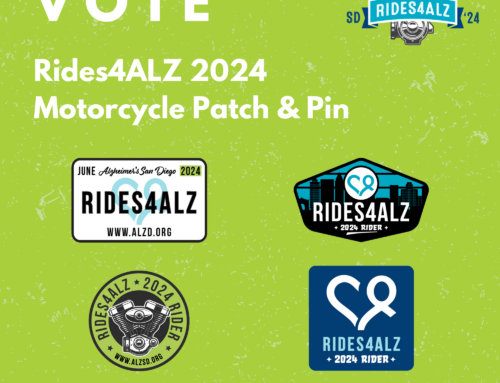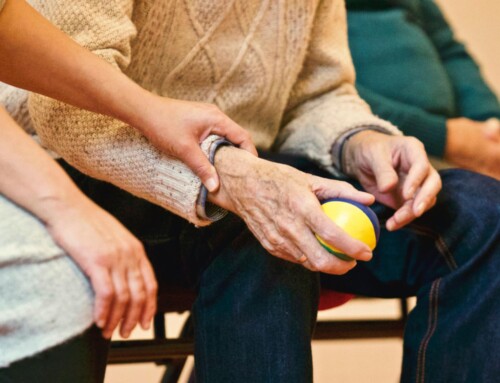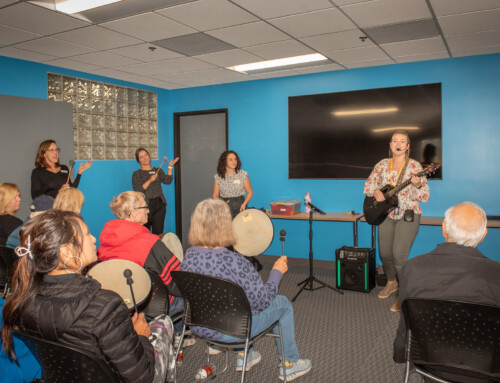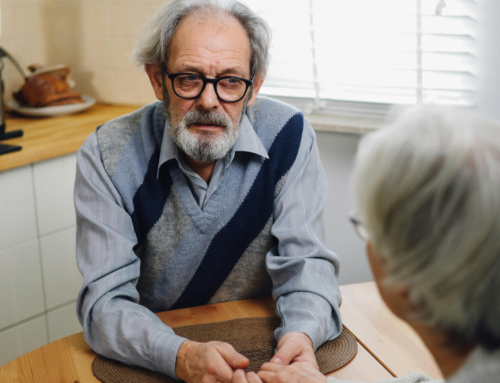 The holidays can be a wonderful time for people with dementia and their families. Maintaining family traditions can help everyone feel a sense of belonging and family identity – and this link can be reassuring to those living with dementia.
The holidays can be a wonderful time for people with dementia and their families. Maintaining family traditions can help everyone feel a sense of belonging and family identity – and this link can be reassuring to those living with dementia.
But many caregivers may have mixed feelings about the extra demands that holidays make on their time and energy. As always, it’s important to find the right balance.
To that end, here are some ways to balance doing holiday-related activities while taking care of your own needs and those of the person with Alzheimer’s disease:
- Celebrate holidays that are important to you. Include the person with dementia as much as possible.
- Set your own limits and be clear about them with others. You do not have to live up to the expectations of friends or relatives. Your situation may be different now.
- Involve the person with Alzheimer’s in simple holiday preparations, or have him or her observe your preparations. Observing you will familiarize him or her with the upcoming festivities. Participating with you may give the person the pleasure of helping and the fun of anticipating and reminiscing.
- Encourage friends and family to visit. Limit the number of visitors at any one time, or schedule rest periods for the person with dementia to recuperate from all the over-stimulation.
- Prepare quiet distractions to use, such as a family photo album, if the person with dementia becomes upset or agitated.
- Try to avoid situations that may confuse or frustrate the person with Alzheimer’s, such as crowds, changes in routine, and strange places. Also try to stay away from loud noises, lighting that is too bright or too dark, and having too much rich food or drink (especially alcohol).
- Find time for holiday activities you like to do. If you receive invitations to celebrations that the person with Alzheimer’s cannot attend, go yourself. Ask a friend or family member to spend time with the person while you’re out.
Preparing for guests
Preparing guests ahead of time will equip them with what to expect, as well as eliminate the need to talk about the person with dementia while they are present.
- Explain to guests that the person with Alzheimer’s does not always remember what is expected and acceptable. Give examples of unusual behaviors that may take place such as incontinence, eating food with fingers, wandering or hallucinations.
- Offer compassionate ways for the guests to validate and respond to what the person with Alzheimer’s is saying.
- If this is the first visit since the person with Alzheimer’s became severely impaired, acknowledge that they may not remember guests’ names or relationships but can still enjoy their company.
- Suggest activities or topics of conversation that you know the person can engage in.
- Explain that memory loss is the result of the disease and is not intentional.
- Stress that the meaningfulness of the moment together matters more than what the person remembers or says.
Preparing the person with dementia
Here are some tips to help the person with Alzheimer’s disease get ready for visitors:
- Begin by showing a photo of the guest to the person a week before arrival. Each day, explain who the visitor is while showing the photo.
- Arrange a phone call for the person with Alzheimer’s and the visitor. The call gives the visitor an idea of what to expect and gives the person with Alzheimer’s an opportunity to become familiar with the visitor.
- Keep their routine as close to normal as possible.
- During the hustle and bustle of the holiday season, guard against fatigue and find time for adequate rest.
Need some support during the holidays? We’re here to help! Give us a call to learn more about our free services: 858.492.4400.




